The vision of the ASCN is to see angel sharks are restored to robust populations and safeguarded throughout their natural range.
The purpose of the ASCN is to:
WHO IS INVOLVED
The following organisations work alongside a number of individuals as part of the ASCN.
The organisations in this list will be updated quarterly with additional partners and members.
ASCN Partners
Leibniz Institute for the Analyses of Biodiversity Change (LIB)
Leibniz Institute for the Analyses of Biodiversity Change (LIB) is one of the largest natural history research museums in Germany. The museum has earned its reputation as a leader in the documentation, research, and interpretation of biodiversity.
Universidad de Las Palmas de Gran Canaria (ULPGC)
The Universidad de Las Palmas de Gran Canaria (ULPGC) is one of the leading Spanish universities and is a leader in the use of new technologies and research related to marine and maritime areas. It is comprised of 153 research groups covering all fields of knowledge.
ASCN Members
JOIN THE ASCN
The success of the ASCN is ultimately down to the individuals and organisations working together towards our common Vision.
All interested parties are invited to join the ASCN and help us to protect these Critically Endangered sharks.
Whatever your capacity, there is a space for you. Explore the options available to you below.
ASCN Partner
ASCN Partners are organisations which have a) historic involvement in the ASCN or a defined project relating to the conservation or research of angel sharks and b) contribute towards development of the ASCN and ASSM, acting as a governing entity. There is no financial commitment to being an ASCN Partner, however they are expected to share funding opportunities and lead funding applications to support the ASCN and ASSM where possible.
ASCN Member
ASCN Members are individuals or organisations which have a defined project or interest, either professional or educational, relating to the conservation or research of angel sharks or have angel shark data to share. There is no financial commitment to being an ASCN Member.
ASCN Subscriber
ASCN Subscribers are individuals or organisations that have an interest in conservation or research of angel sharks and have subscribed to receive e-Bulletins. ASCN Subscribers have no roles or responsibilities as part of the ASCN.
Join as an ASCN Subscriber
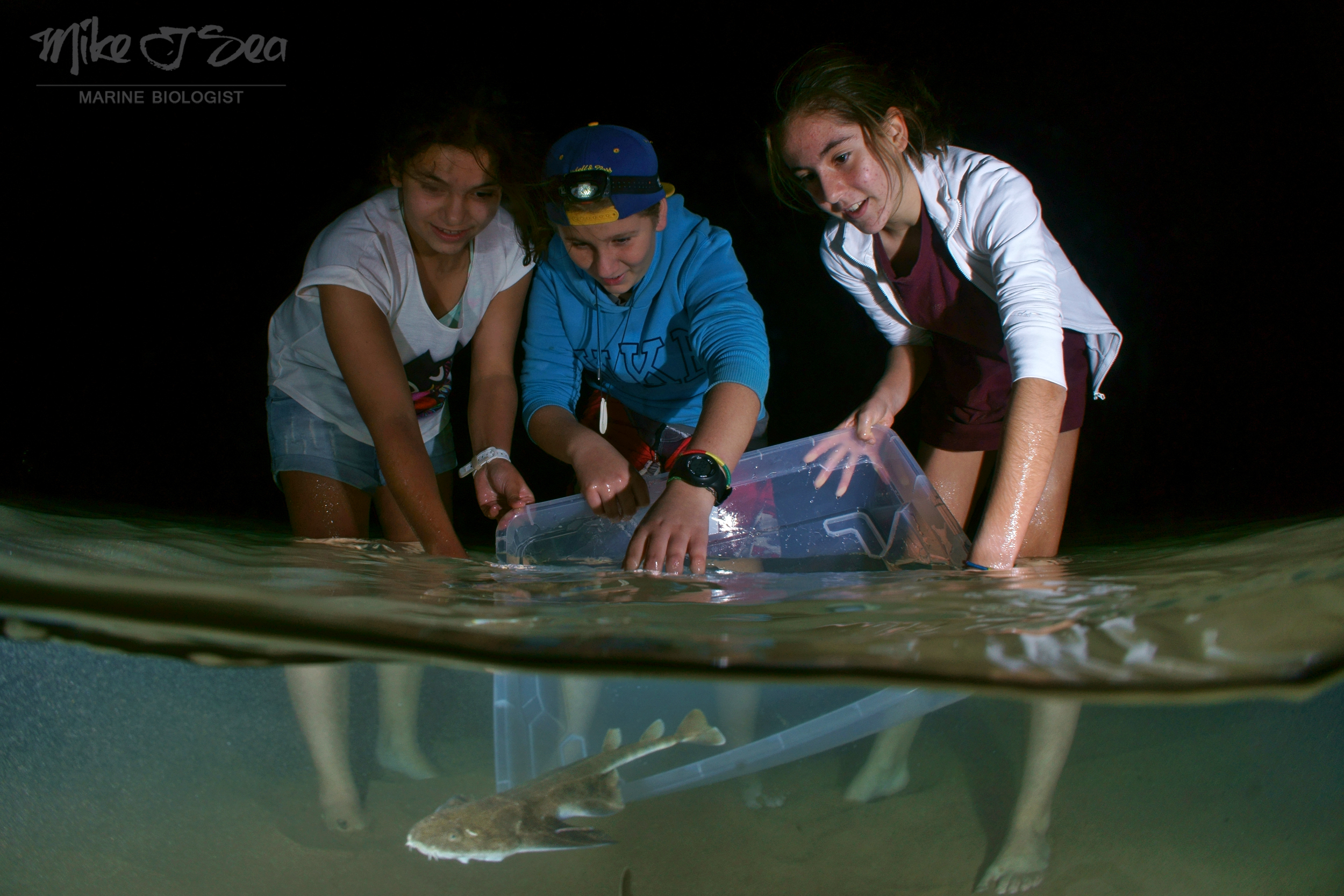
Sign up for E-Bulletins
Help us to better understand and protect angel sharks by reporting your sighting to the Angel Shark Sightings Map. This information will be shared amongst the ASCN Partners, ASCN Members (on request) and ASSM Collaborators (on request).
WHY FOCUS ON ANGEL SHARKS?
Angel sharks are flat-bodied sharks which can grow up to 2.4m in length and are normally found submerged in sandy habitats in coastal waters. Angel sharks (Squatinidae) rank as the second most threatened family of elasmobranchs (sharks, skates and rays) in the world. Three species, Squatina squatina (Angelshark), Squatina aculeata (Sawback angelshark) and Squatina oculata (Smoothback angelshark), are found in the Eastern Atlantic and Mediterranean Sea, all listed as Critically Endangered on the IUCN Red List of Threatened Species, and are the current focus of our efforts given their threat status:
Once widespread throughout coastal areas of these regions, angel sharks have suffered steep declines throughout their historic range. But there is hope! Angel sharks are still present in exciting hotspots discovered across the region, with organisations working alongside communities to better understand and protect them.
GLOBAL ID GUIDE
There are currently 24 accepted valid species of angel shark in the family Squatinidae. Many of these species have overlapping ranges and similar morphology, meaning they can be challenging to distinguish from one another. The Shark Trust has developed a guide to angel shark identification to help improve accuracy of species identification and reporting, and therefore aid conservation efforts.
THREATS TO ANGEL SHARKS
CONSERVATION ACTION
Since 2016, the ASCN Partners and a wide range of collaborators have focused on developing strategic conservation planning documents for angel sharks.
A number of Action Plans have been developed at different geographical scales via multidisciplinary workshops. All these documents sit underneath the Eastern Atlantic and Mediterranean Angel Shark Conservation Strategy, and aim to identify the key actions needed to overcome major threats to angel sharks in each specific region.
The ASCN actively encourages individuals or organisations across the range to get involved in delivering the Action Plans in collaboration.
MEDITERRANEAN ANGEL SHARKS: SUB-REGIONAL ACTION PLANS
Vision:
To facilitate further coordinated action by engaging regional stakeholders, including governments and industry, in these priority regions for angel sharks
If you have supplementary information about angel sharks, please complete the questionnaire.
PROGRESS TO DATE
The ASCN is working with organisations across the range to deliver actions set out in the Strategy and Action Plans. Major achievements are shown below, with further news and updates sent to the ASCN through quarterly e-bulletins.
A new report published by WWF, the Institute of Oceanography and Fisheries in Split, and the Angel Shark Project takes a look at how angel sharks might still be using the Adriatic. The data gathered will act as a baseline for future work in Croatia, and includes six key recommendations to improve understanding and conservation of angel sharks in the region (view the full report here and summary here).
ANGELSHARK NURSERY AREAS IN THE CANARY ISLANDS
ASP:CI research has identified one confirmed and 13 potential Angelshark nursery areas around the Canary Island archipelago, with data used to develop a Guidance Document to better protect important habitats of this Critically Endangered species.
ASCN RESEARCH ON ANGEL SHARK EXTINCTION RISK
Research led by the ASCN Partners to assess angel shark extinction risk across the Eastern Atlantic and Mediterranean Sea was published in ICES Journal of Marine Science. Results show that Sawback Angelshark range has declined by 51%, Smoothback Angelshark range by 48% and Angelshark range by 58%.
FULL PROTECTION FOR ANGEL SHARKS IN THE CANARY ISLANDS
The Spanish Ministry of Ecological Transition have announced today (6th June 2019) that angel shark populations are fully protected in the Canary Islands, through inclusion in the category “in danger of extinction” on the Spanish Endangered Species List. This is of vital importance to enable continued survival of angel sharks in their unique stronghold.
IUCN SSC Shark Specialist Group Red List Assessments
The IUCN SSC Shark Specialist Group is currently undertaking a global reassessment of all sharks, rays, and chimaeras for the IUCN Red List of Threatened Species through a series of regional workshops. So far we have successfully completed 4 workshops and assessed 357 species, with plans for 7 more workshops throughout 2019/2020 to assess the full ~1,250 chondrichthyan species.
DEVELOPMENT OF ANGEL SHARK SIGHTINGS MAP (Objective 5.1 of the Action Plan)
A collaborative sightings map was developed in December 2016 to have a central coordinated system to gather sightings of angel sharks across their range.
NEW PAPER PUBLISHED ON ANGELSHARK ECOLOGY IN THE CANARY ISLANDS (Objective 5.1 of the Action Plan)
The Angel Shark Project used data collected through POSEIDON (a citizen science program to collect marine biodiversity data in the Canary Islands), to identify the distribution patterns, habitat use and population structure of the Angelshark (Squatina squatina) in its last stronghold.
The Angel Shark Project and Natural Resources Wales are asking fishers across Wales to report any accidental captures of Angelsharks and follow best practice guidance to ensure Angelsharks are safely return to the water unharmed.
RESOURCES
- Best Practice to Release Angelsharks if Accidentally Caught (English | Español | Eλληνικά)
Developed by the Angel Shark Project and recreational fishers in the Canary Islands to reduce Angelshark mortality after accidental capture. - Angelshark Sea Angling Advisory (English)
Developed by the Shark Trust to show protected status of Angelsharks in UK waters - Angelshark Commercial Fisheries Advisory (English | Spanish | French | Dutch | Turkish | Greek)
Developed by the Shark Trust to show protected status of Angelsharks - Angel Shark Project: Canary Islands Leaflet (English | Español)
Information leaflet on Angel Shark Project: Canary Islands and how you can be involved - Welsh fisher information leaflet (English | Cymraeg)
Shows how to safely release Angelsharks if accidentally caught and where to report your accidental capture - Convention of Migratory Species Concerted Action For the Angelshark (English | Español | Français)
Outlines priority actions to be completed by the parties to improve protection of Angelsharks across their range - Results of sportfisher client questionnaires in the Canary Islands (English)
The Angel Shark Project completes questionnaires with clients of sportfisher charter boats in the Canary Islands to evaluate impact of the fisher engagement work. - Angelshark Code of Conduct for SCUBA & Snorkel (English | Cymraeg | Español | Eλληνικά)
Shows best practice SCUBA & snorkel procedure if you’re lucky enough to encounter an Angelshark in Wales - Guidance Document for Juvenile Angelshark Habitat in the Canary Islands (English | Español)
Developed by the Angel Shark Project to better protect important habitats of this Critically Endangered species. - Saving the last Angel Sharks of the Mediterranean Sea: X-ray report on spatial protection for Angel Sharks with a focus on the Adriatic Sea (English)
Developed by WWF and the Angel Shark Project to improve understanding and conservation of angel sharks in Croatia. - Angels of the Adriatic – summary report (English)
A report published by WWF, the Institute of Oceanography and Fisheries in Split, and the Angel Shark Project takes a look at how angel sharks might still be using the Adriatic. - Strengthening angel shark conservation in the Southern Aegean Sea (English)
Report developed by iSea and Shark Trust to identify critical areas where targeted action should be taken to conserve the three species of angel shark found in the region. - A guide to angel shark identification (English)
A global angel shark identification guide, developed by the Shark Trust
- Mead et al. 2025. Rapid Ocean Warming Drives Sexually Divergent Habitat Use in a Threatened Predatory Marine Ectotherm
- Mason et al. 2025. A fisher’s perspective: Using half a century of local fisher knowledge to identify socio-economic, ecological and legislative trends influencing angelshark (Squatina squatina) records in Wales.
- Toledo-Padilla et al. 2025. Opportunistic predation on juvenile angelsharks Squatina squatina: The greater amberjack Seriola dumerili as a potential threat.
- Meyers et al. 2024. Distinct management units for the Critically Endangered angelshark (Squatina squatina) revealed in the Canary Islands.
- Jimenez‐Alvarado et al. 2023. First record of partial albinism in the critically endangered Angelshark (Squatina squatina) (Linnaeus, 1758).
- Mead et al. 2023. Spatiotemporal distribution and sexual segregation in the Critically Endangered angelshark Squatina squatina in Spain’s largest marine reserve.
- Barker et al. 2022. The distribution, ecology and predicted habitat use of the Critically Endangered angelshark (Squatina squatina) in coastal waters of Wales and the central Irish Sea.
- Noviello et al. 2021. Modelling Critically Endangered marine species: Bias-corrected citizen science data inform habitat suitability for the angelshark (Squatina squatina)
- Ellis et al. 2020. Angel sharks (Squatinidae): A review of biological knowledge and exploitation
- Jiménez Alvarado et al. 2020. Investigation of juvenile angelshark (Squatina squatina) habitat in the Canary Islands to recommend measures for protection and management
- Lawson et al. 2020. Extinction risk and conservation of critically endangered angel sharks in the Eastern Atlantic and Mediterranean Sea
- Escanez et al. 2018 First case of Morphological Abnormality in Common Angelsharks (S.squatina) from the Canary Islands
- Bunholi et al. 2018 The fishing and illegal trade of the angelshark: DNA barcoding against misleading identifications
- Holcer & Lazar. 2017. New data on the occurrence of the Critically Endangered Common Angelshark, Squatina squatina, in the Croatian Adriatic Sea
- Fitzpatrick et al. 2017. The complete mitochondrial genome of the Critically Endangered Angelshark, Squatina squatina
- Meyers et al. 2017. Population structure, distribution and habitat use of the Critically Endangered Angelshark in the Canary Islands
- Zava et al. 2016. Occurrence of juveniles Squatina oculata Bonaparte, 1840 in the Strait of Sicily (Central Mediterranean)
- Fortibuoni et al. 2016. Common, rare or extirpated? Shifting baselines for common angelshark, Squatina squatina, in the Northern Adriatic Sea (Mediterranean Sea)
- Escánez Pérez et al. 2016. Estudio del primer área de cría del Angelote (Squatina squatina) descubierta en Canarias.
- Dulvy et al. 2016. The conservation status of sharks, rays and chimeras in the Mediterranean Sea
- Nieto et al. 2015. European red list of marine fishes
- Cavallaro et al. 2015. Finding of a rare Squatina squatina along the Tyrrhenian coast of the Strait of Messina and its maintenance in an aquarium
- Basusta 2015. New records of neonate and juvenile sharks (Heptranchias perlo, Squatina aculeata, Etmopterus spinax) from the North-eastern Mediterranean Sea
- Akyol et al. 2015. Occurrence and Biological Observations on Angel shark Squatina squatina from the Turkish Waters (Eastern Mediterranean)
- Dulvy et al. 2014. Extinction risk and conservation of the world’s sharks and rays
INTERNATIONAL #ANGELSHARKDAY
Celebrate International Angel Shark Day on the 26th June every year. A day for all 23 species of angel sharks. Search #AngelSharkDay on social media to hear about work from researchers and conservationists in different regions.
Since 2020 the ASCN has been celebrating International #AngelSharkDay, taking to social media to share resources, experiences, publications and facts about angel sharks far and wide.
Over the years we have hosted a variety of talks from researchers and conservationists working on angel sharks, covering a whole host of topics. These are still available to watch on our dedicated YouTube channels: 2020 & 2021.
In 2023, we used editable #AngelSharkDay profile cards to share your stories on social media. Search #AngelSharkDay on social media to check them out!
Keep an eye out for #AngelSharkDay updates for 2026 here and by subscribing to our e-Bulletin here.
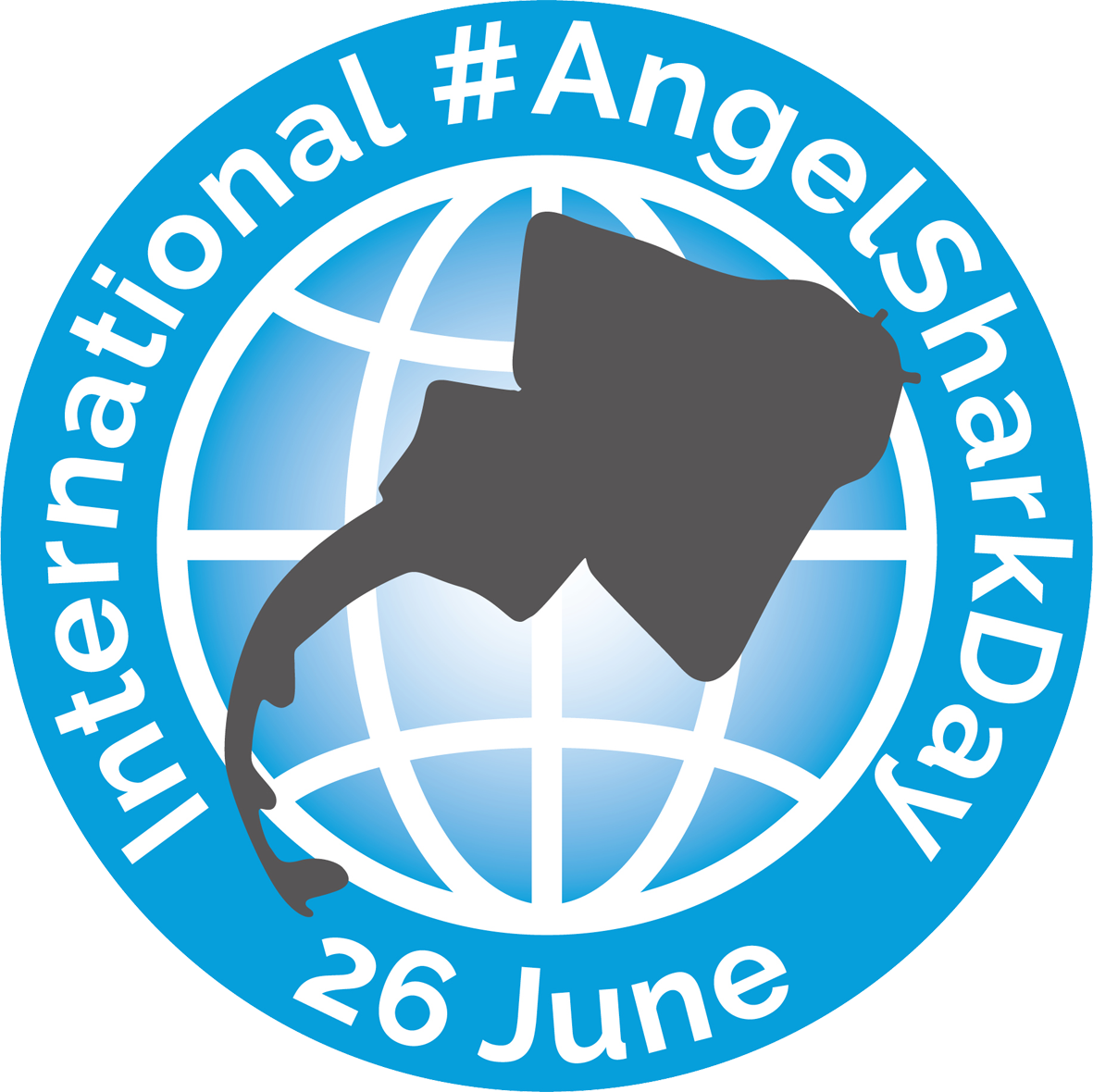

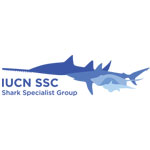


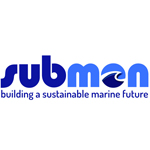


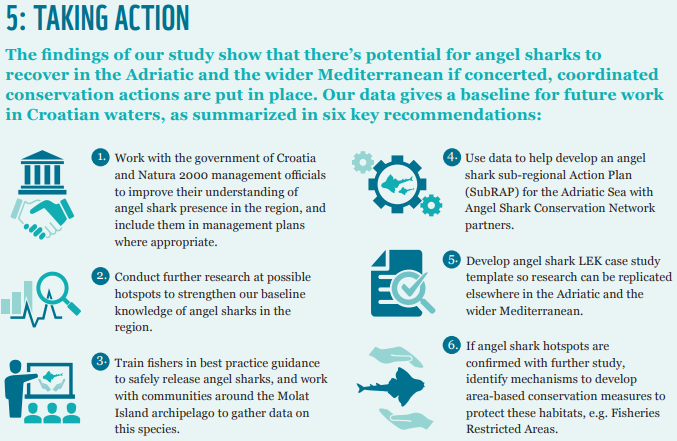

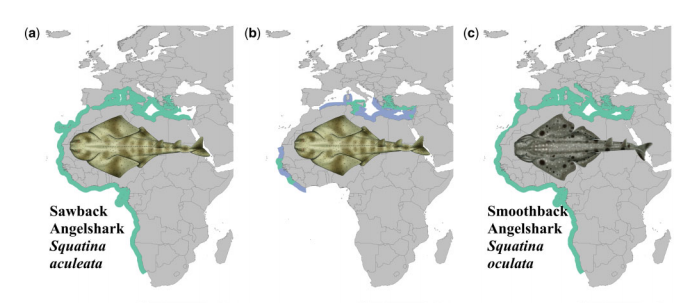

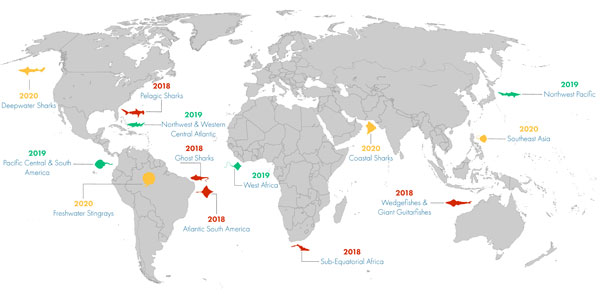


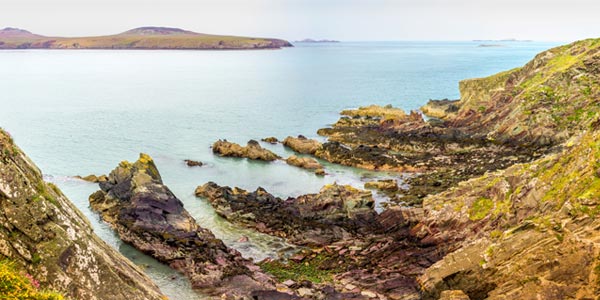
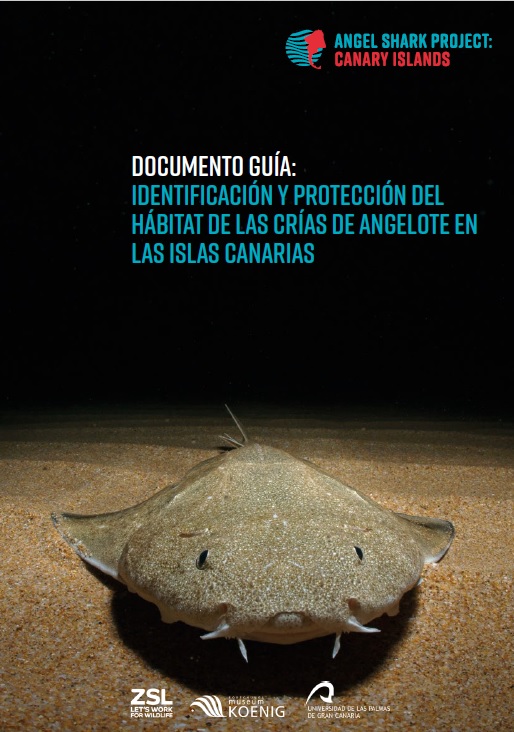
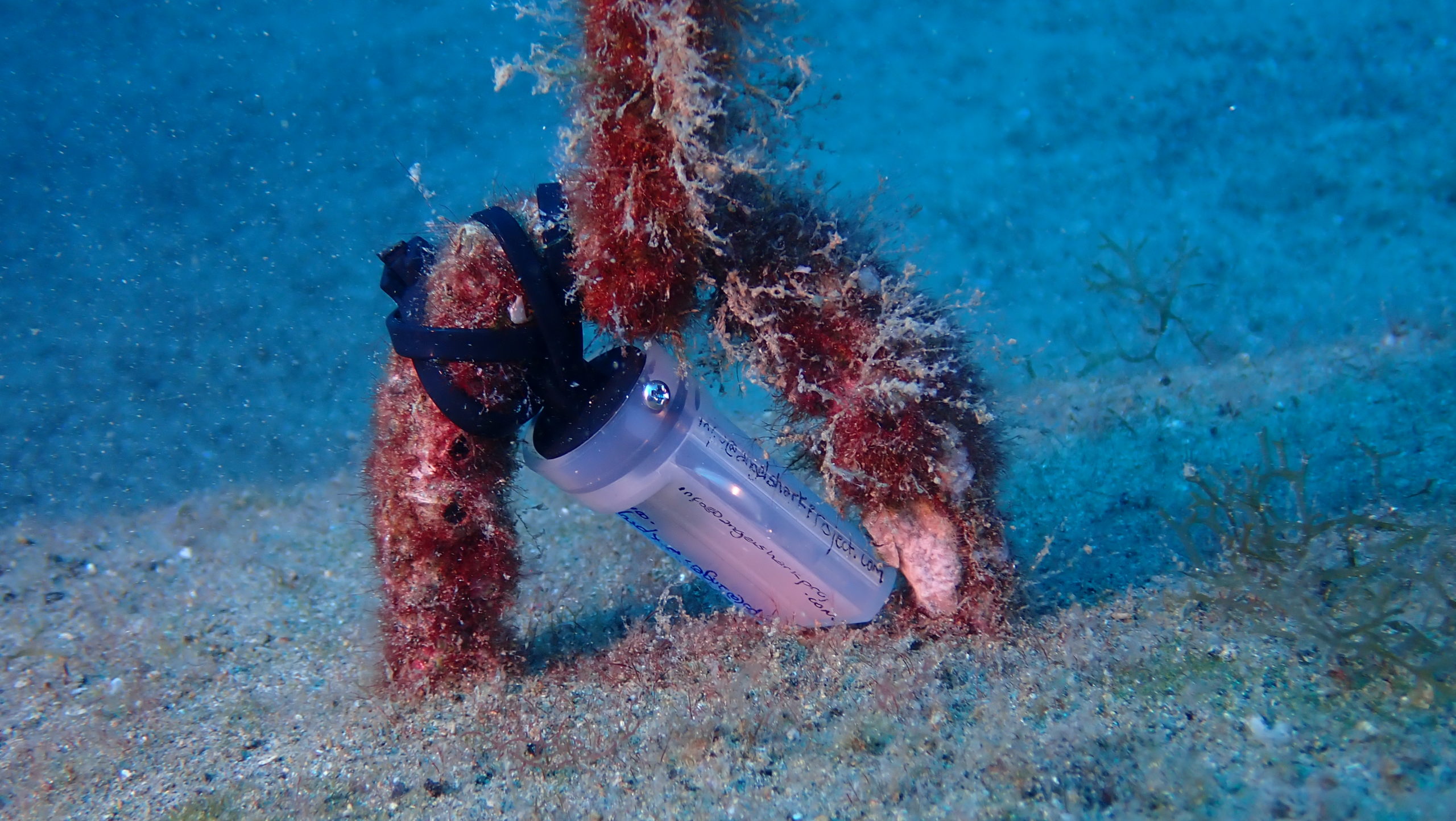

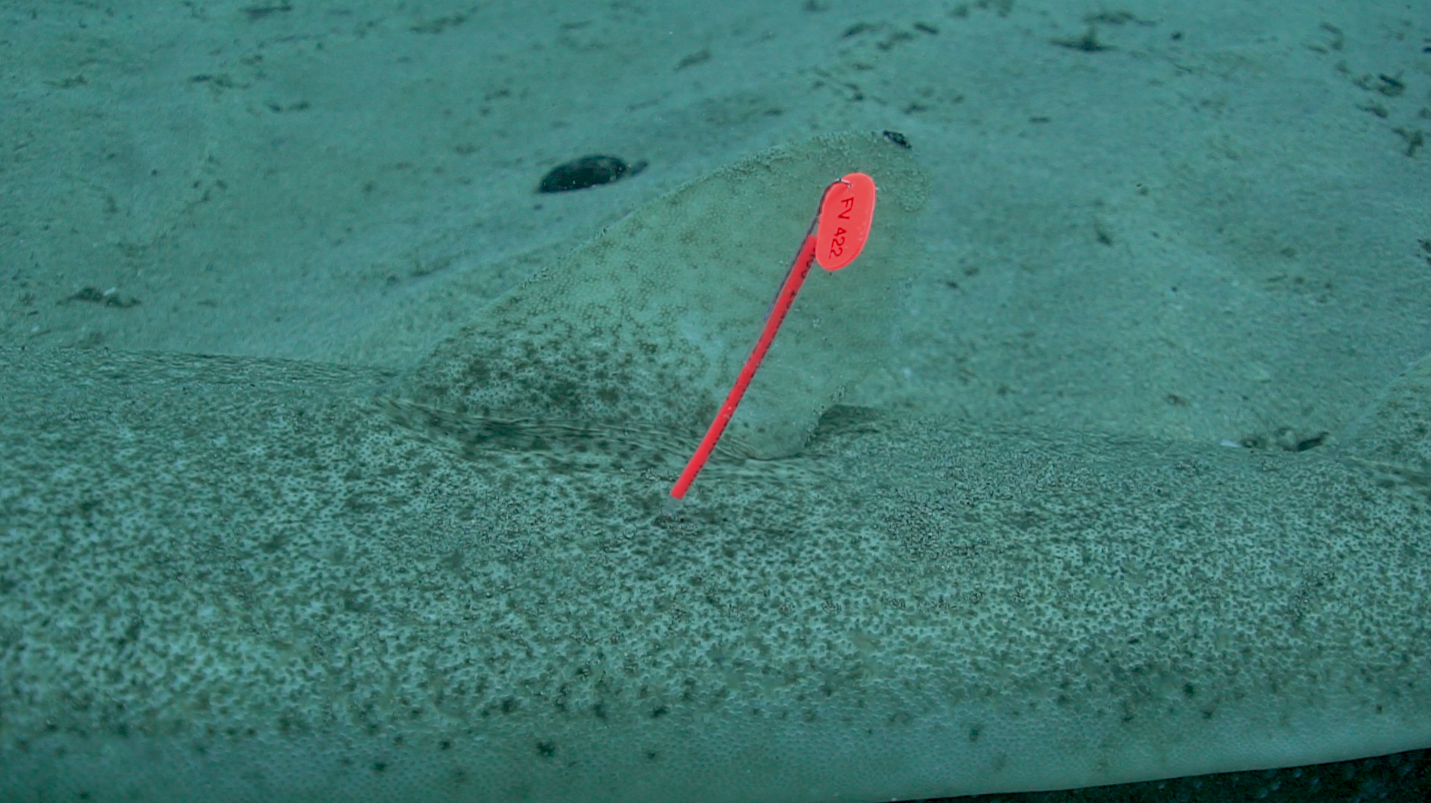
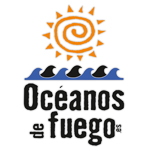

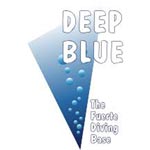
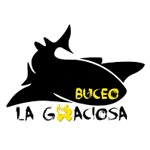


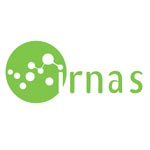

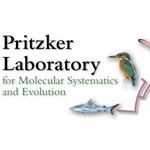
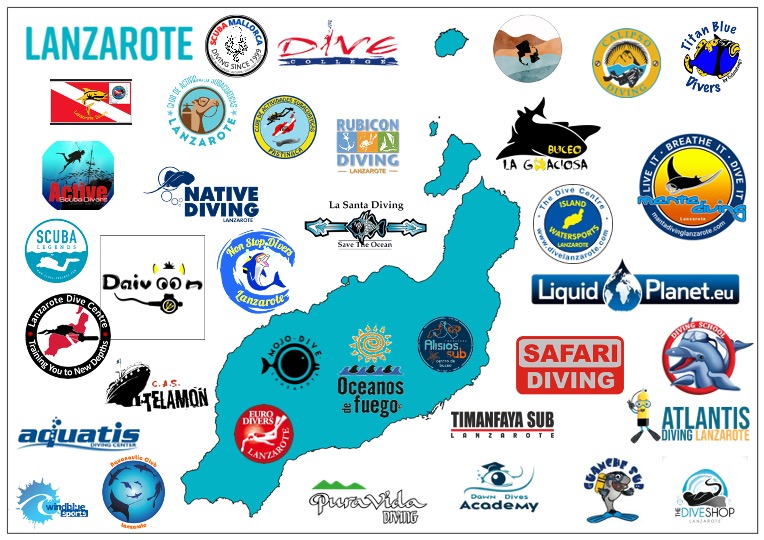
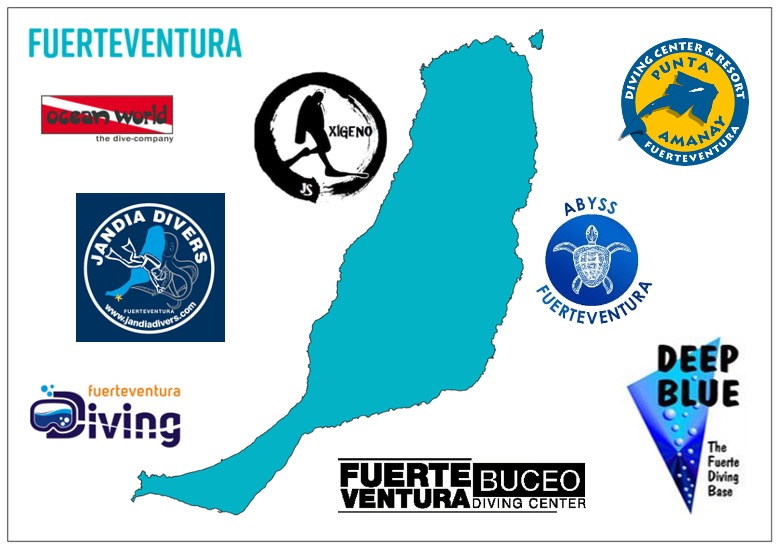
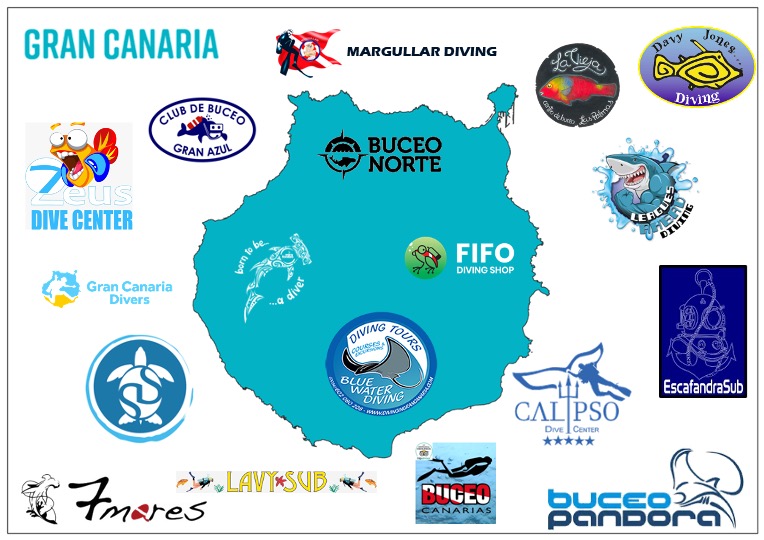
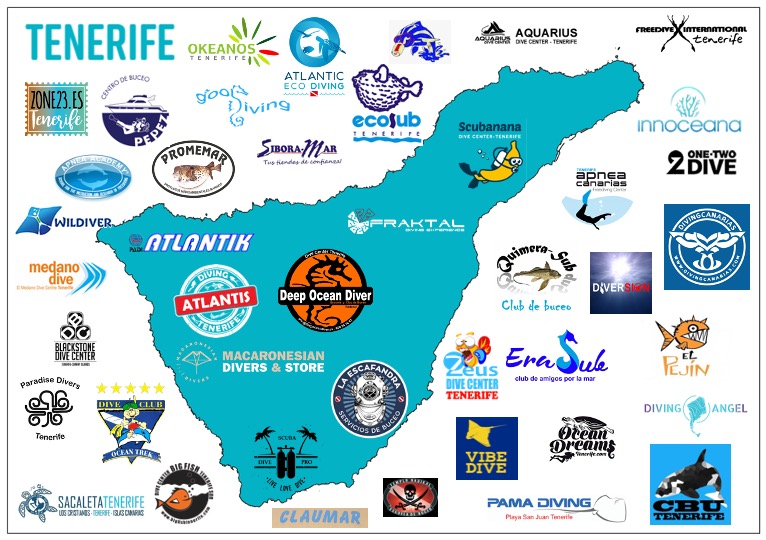
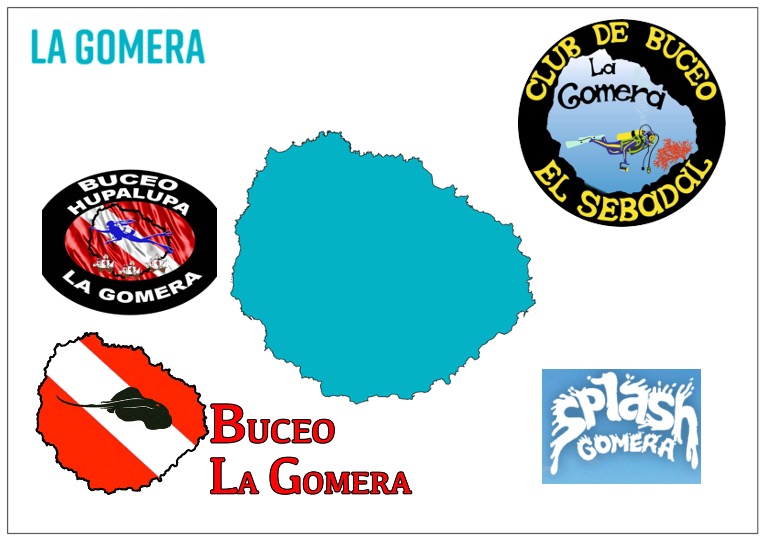
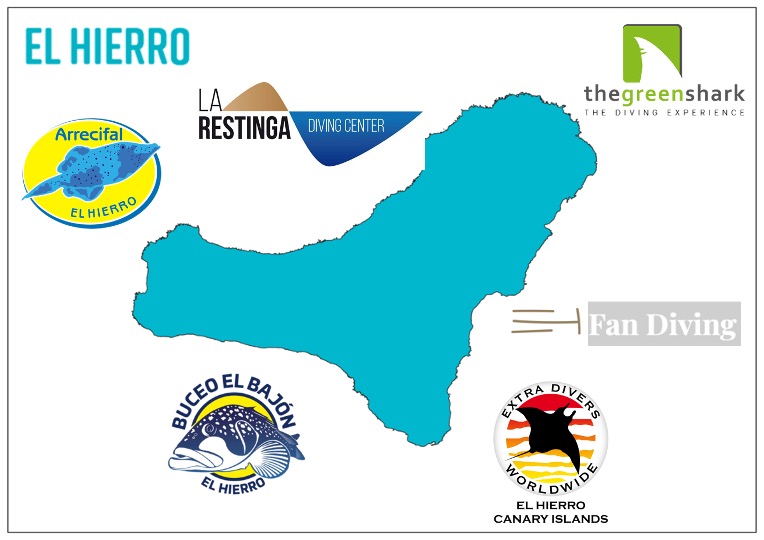
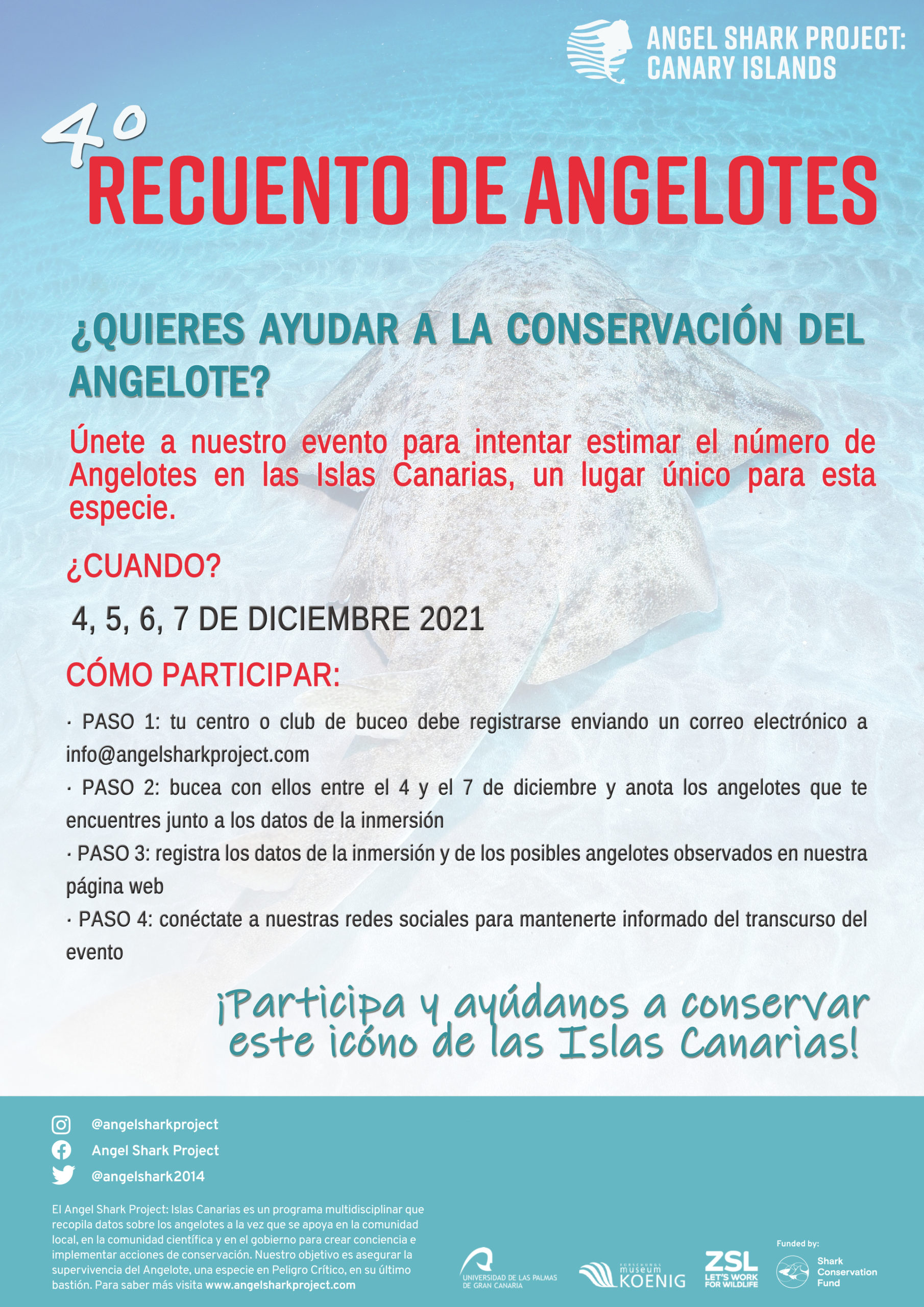
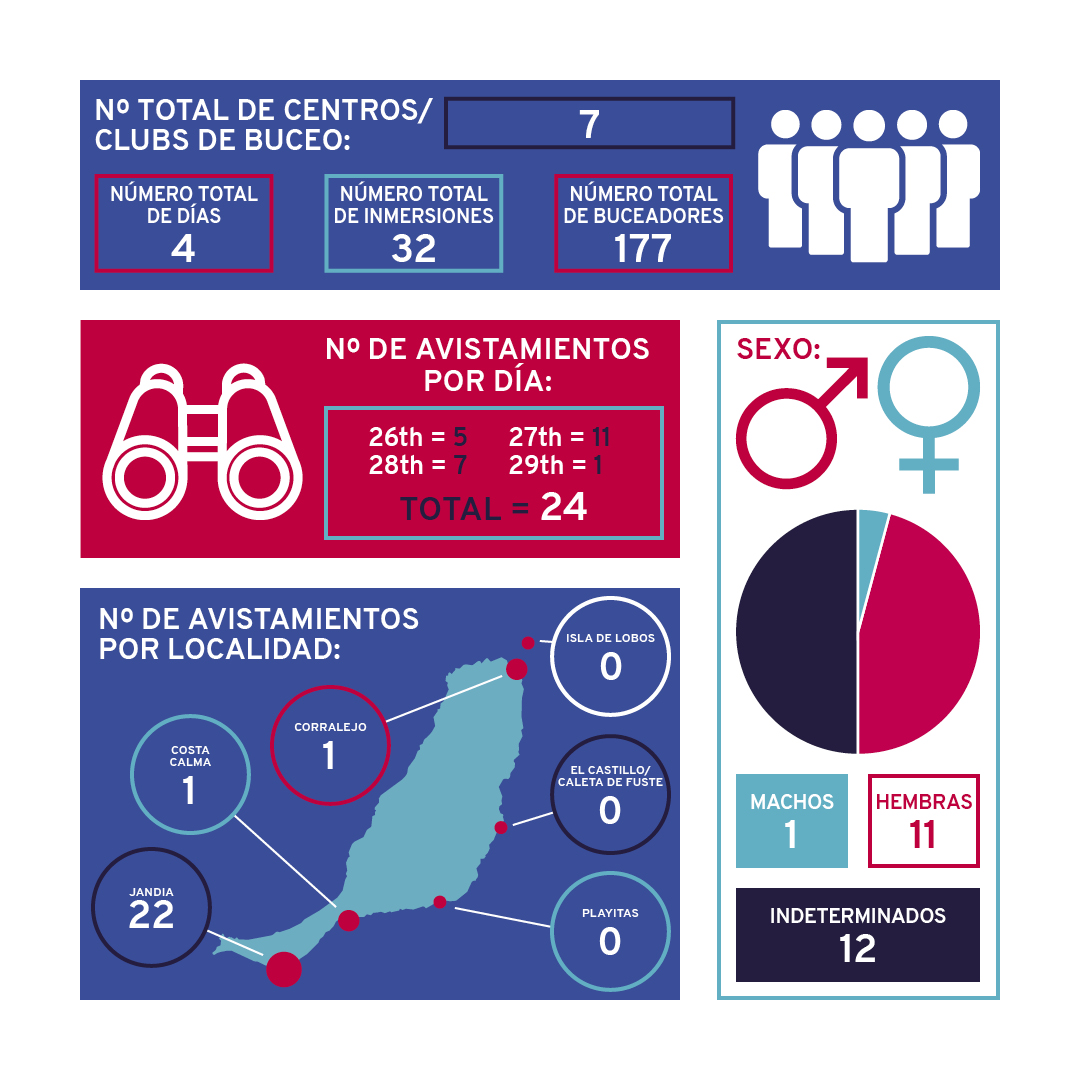
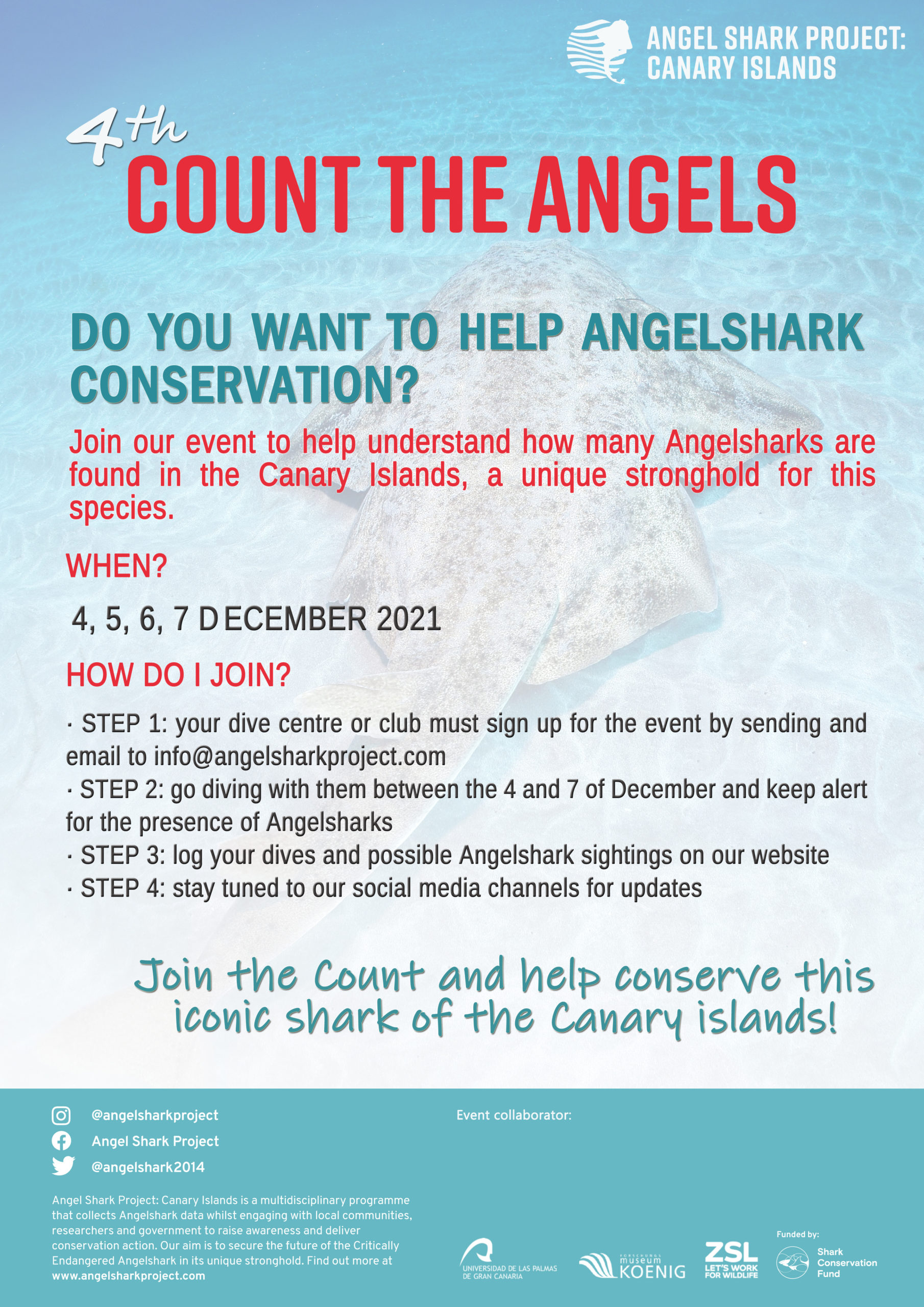
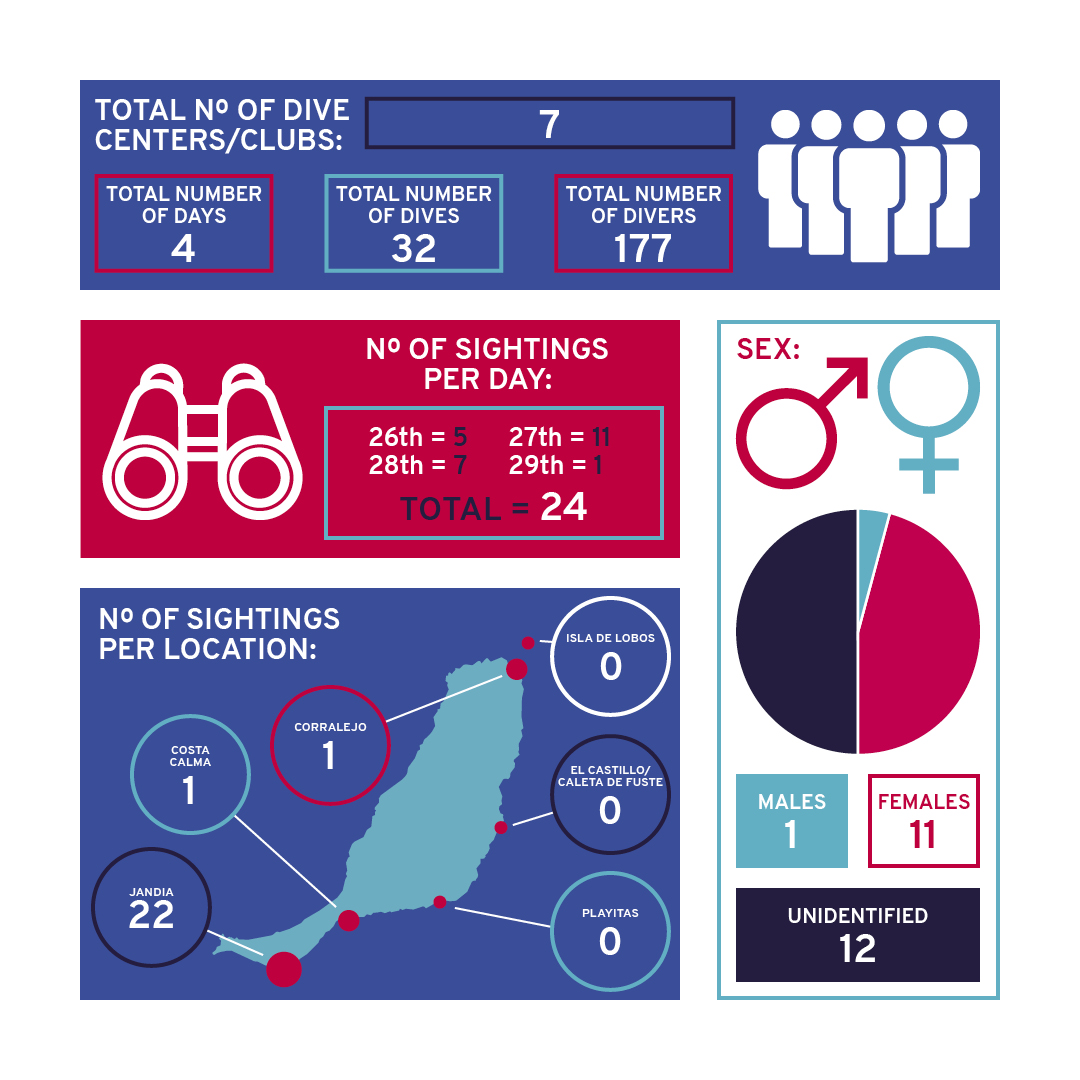
HELP US RAISE AWARENESS OF THE ASCN
Share your support of the ASCN on social media using the buttons below